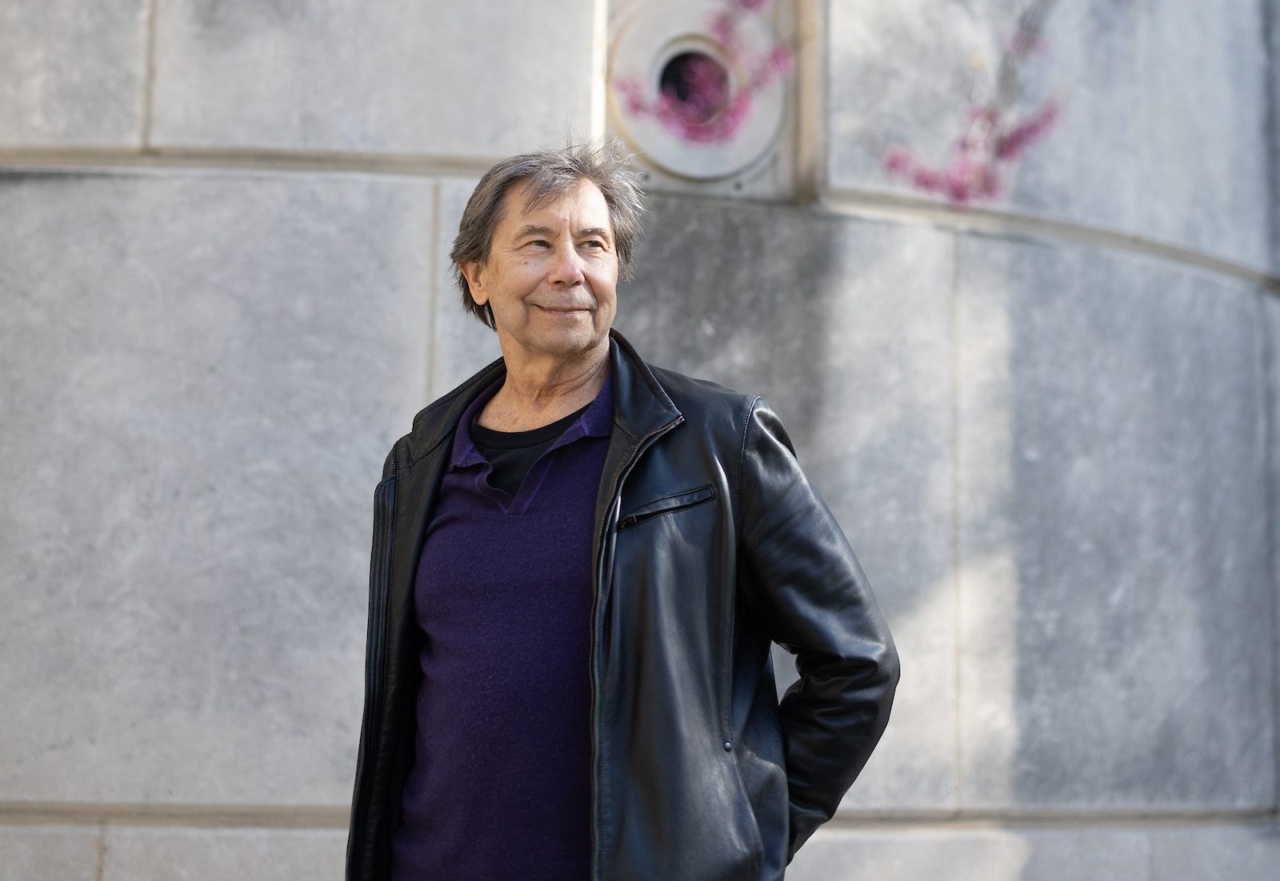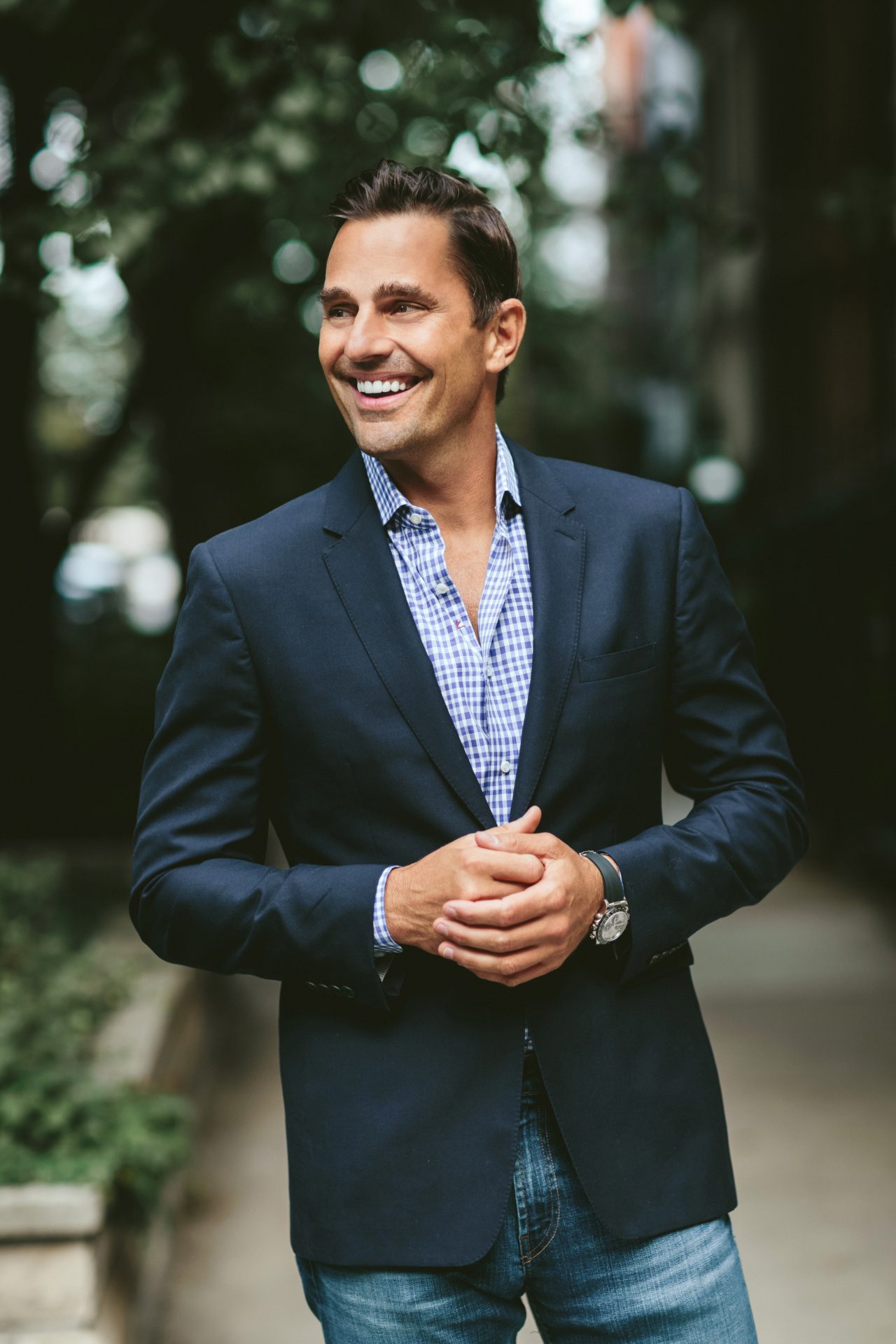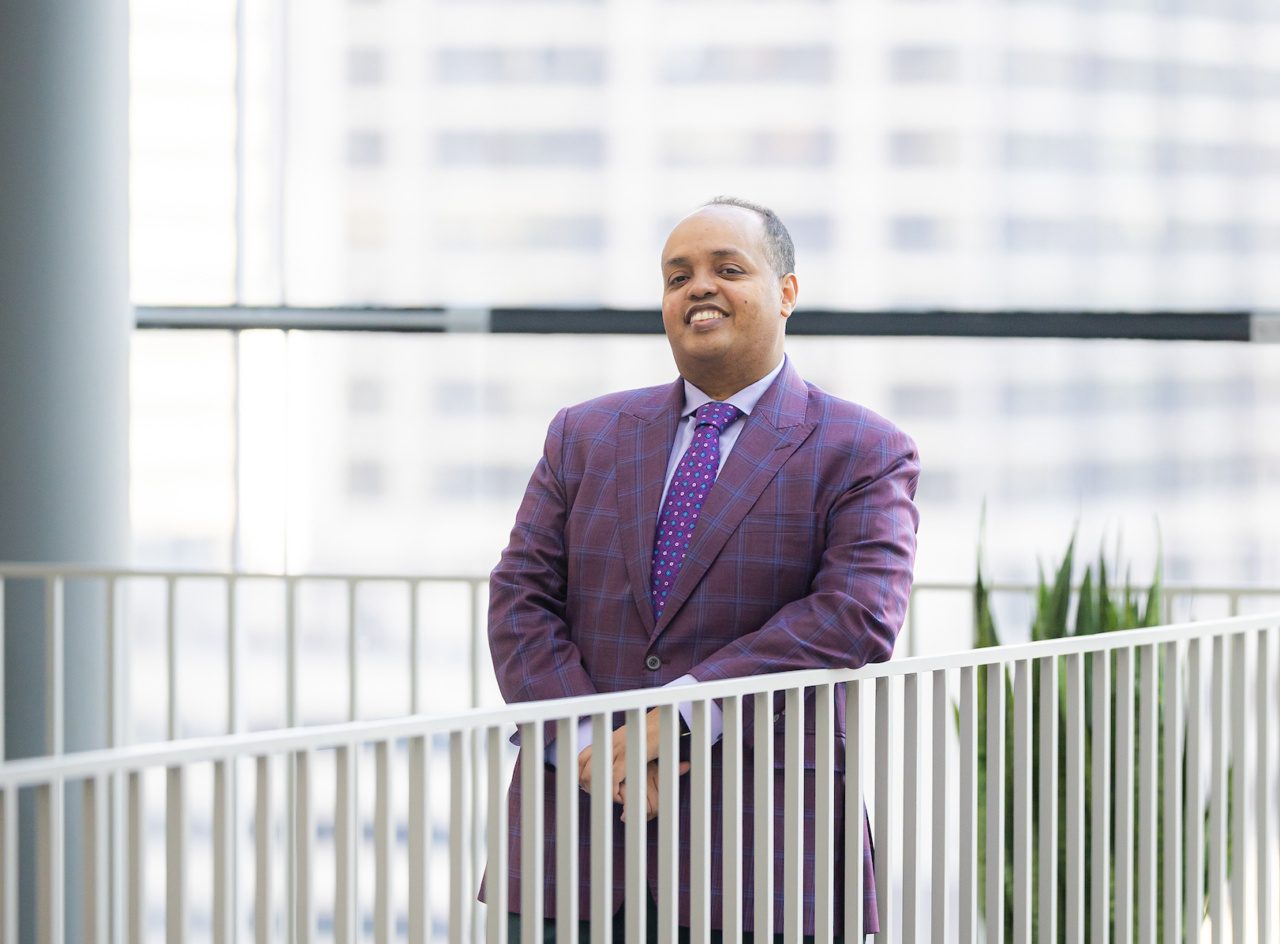Leading with music: Alumna works to increase access to music education
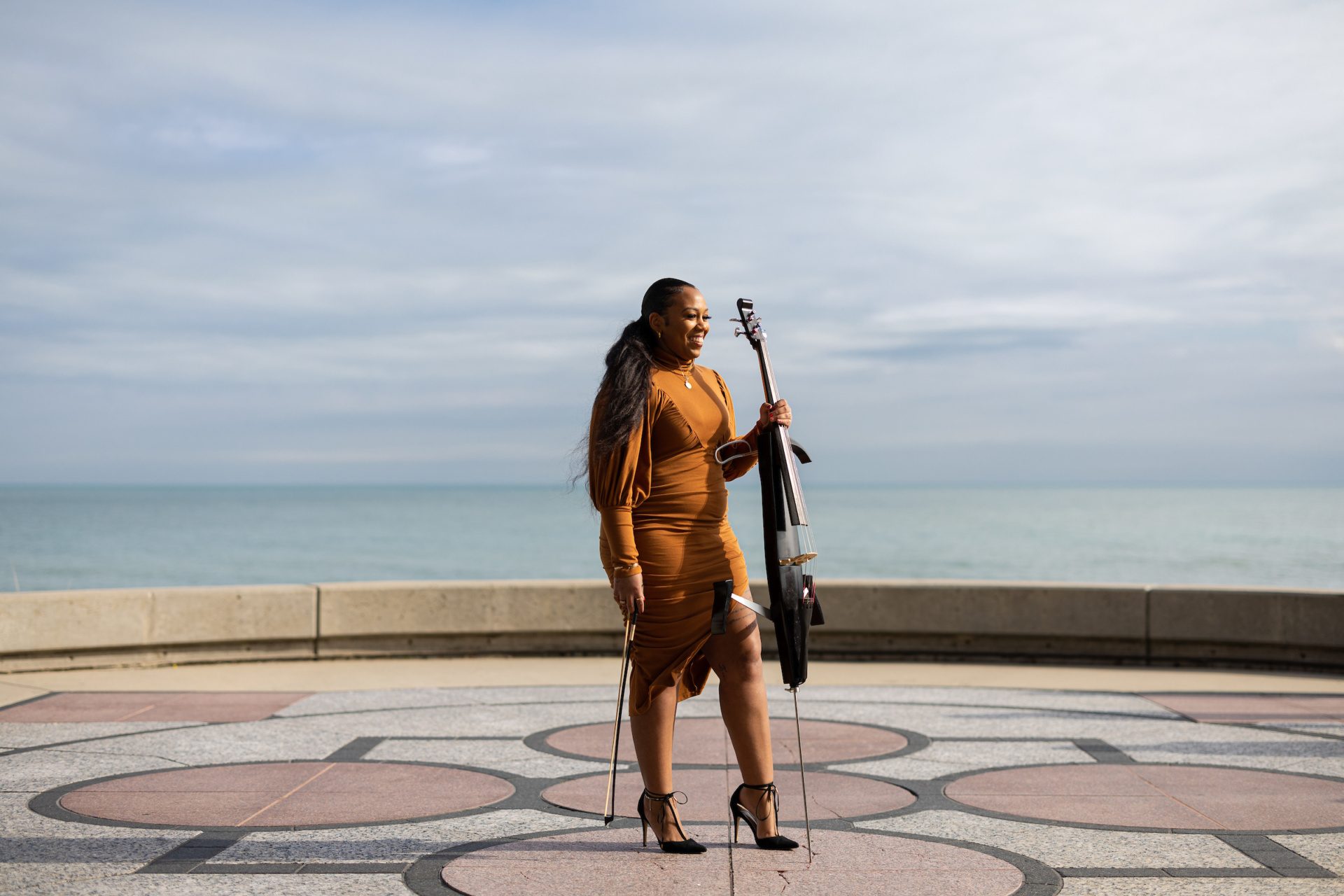
For alum Ayanna Williams, M.Ed. ’17, music is a part of her identity; it is in her blood. With her grandmother, mother, and aunts playing the piano and cousins playing the violin and viola, music was all around her. Williams’ musical journey began in kindergarten when her family moved to Naperville, IL. She started out playing the piano, “piano sets the perfect foundation for music theory,” she says. Her elementary school had a phenomenal music program, one that valued the arts. She says the school opened her mind to the numerous possibilities music offered, and for that she is extremely grateful.
Her family moved back to Chicago where Williams attended High Parks Suzuki Institute. Williams’ mother worked as a writer in the school’s communications department to cover the cost of tuition. A sacrifice Williams says her mom was willing to make to ensure she received the best possible music education. In Williams’ eyes, attending the institute was the opportunity of a lifetime.
“The school had the whole shebang, from cello group classes, music theory, ensemble, to orchestra. It was the full scope of what music education can do,” Williams says.
In high school, she traveled with her cousins as a classical string trio, performing at charities, fundraisers, and schools all around the country. Although traveling was an amazing experience for a teen, Williams knew there was more to music than gigging.
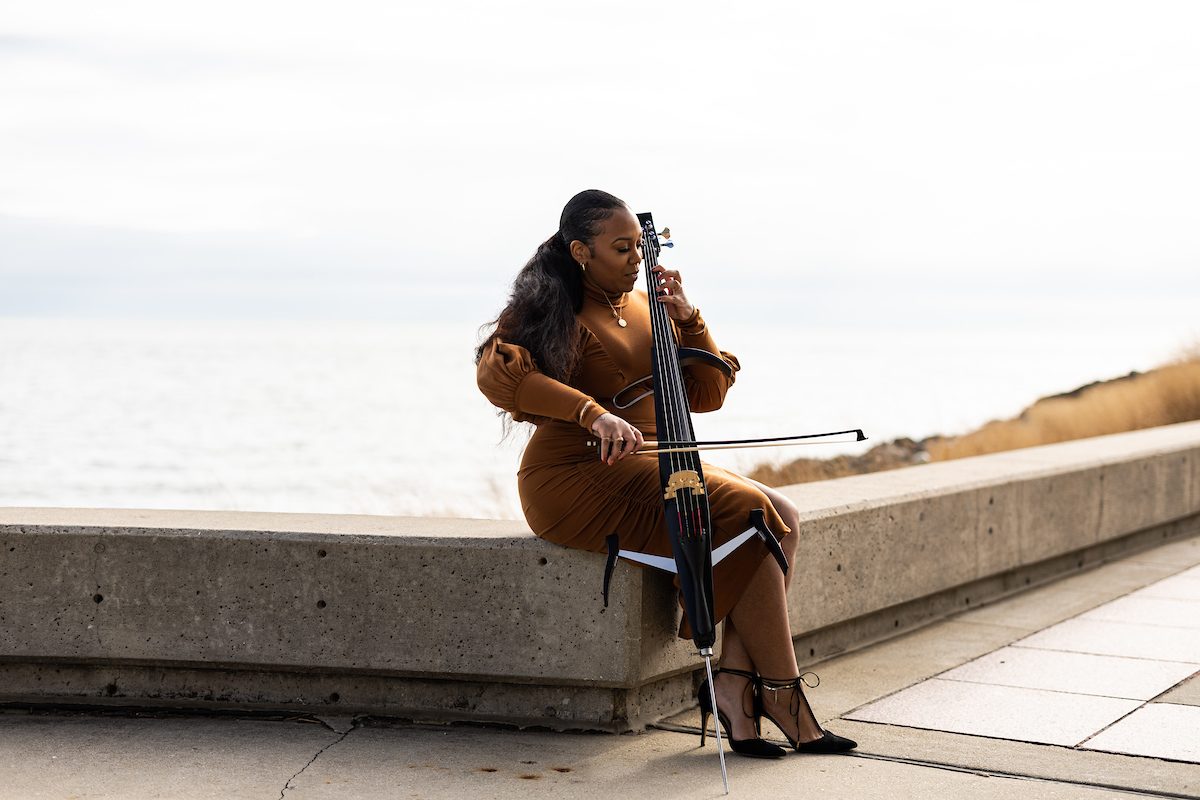
Following secondary school, Williams enrolled in an undergraduate music program and was eager to commence a career in the arts. Regrettably, she did not receive the support she needed as a first year and quickly realized switching majors was necessary to ensure academic proficiency.
“That first semester took me out. Being the only black, female cellist, I didn’t feel supported,” she says. She hung up her bow and enrolled in economics and environmental sustainability.
At the time, Williams remembers, the University of Michigan was a pioneer in anti-racist, social justice work. “I remember thinking, oh, yeah we definitely need to do this work here.” Williams, along with other students in the African American Cultural Center, pushed for progress and improvements for their Black classmates. There was a renewed focus on Black retention and hiring Black staff and faculty for the tenure track. For Williams, her activism just clicked. It made sense to do the work, especially as she saw her actions create positive change.
The energy she felt as a student leader was inspiring, and Williams knew she wanted to go back to school to pursue her master’s degree. Not knowing where to begin, she reached out to a mentor who worked in higher education. Williams’ advocacy work for her classmates did not go unnoticed by her mentor. She recalls being told, “Well you should look into Loyola’s Higher Education program because it is heavily social justice focused, and that is literally all you’re doing.” To Williams this was music to her ears since Chicago was her home.
After attending her first classes at Loyola, she felt instantly connected and a part of something special. She fondly remembers one Black professor delivering his lectures so poetically that it transformed the way she viewed education. “That’s when I knew, oh, I am in the right place at the right time. I needed to get my stuff together.” His course inspired Williams to mature a little more and put a deeper emphasis on her studies and coursework.
Loyola’s Higher Education program within the School of Education is delivered in a supportive cohort model, something Williams really appreciated. She has fond memories of her entire cohort, “We were all just trying to figure out our lives, but we all had this common passion. We wanted to use social justice, intentionally to better the lives of college students.” By design, the program offers content around both student affairs and higher education administration, ensuring graduates are better prepared to serve college students. “Everyone went in different directions after graduation, but we all had a common foundation, and for that I attribute a lot of my growth to the School of Education,” says Williams.
"Quality music education is a privilege, not a right. The issue still stands that a lot of students should have access to an exceptional music program, and many don’t," says Williams.
— Ayanna Williams (M.Ed. '17) , Loyola School of Education alumna
After graduating with her M.Ed., Williams conducted research for the University of Chicago on the criminal justice system and started playing the cello. Coming back to the cello, seven years later, was one of the best things she says could have happened to her. Although the idea of becoming a full-time musician was daunting, when the time came to choose between a 9 to 5 or dive fully into music, Williams took a leap of faith and dedicated her time and energy to the cello.
Her mom introduced her to the Black, female cellist Esperanza Spalding. “I was blown away. I remember thinking, oh my God, there’s a Black woman, with a huge afro and she plays the cello,” says Williams. Being classically trained, William was not aware a cello could produce that sort of sound and music. Spalding inspired Williams to play around, fusing different genres and styles. “It has been hard to break out of the classical mold. The music I play, which fuses classical with hip-hop, jazz, and trap, isn’t a new idea, but it is not popular enough,” Williams says. She is unaware of any other cellist who is doing this work.
Williams is learning how to give herself grace when playing this fresh style of music, especially when she does not hit the exact notes. But the new journey was worth the struggle. “When you are playing with hip-hop, you’re playing by ear, picking up the notes, playing around with the melodies they’ve created, and I’m just making it my own,” she says. Williams feels inspired by this work and contemporary style of playing. She plans to use the same creative mindset when thinking about her future. Music has been liberating for Williams, and she wants other kids to have access to a high-quality performing arts education just like the one she experienced.
Just before the pandemic, Williams established a foundation dedicated to making music education accessible to all children. She successfully held a benefit concert, Tip an Artist, Tip a Cause, which wildly surpassed the fundraising goal. With the funds raised, eleven single-parent households had their music lessons sponsored at the Genesis Music School. “I know what it was like for my mom being a single parent. It was a struggle, and not everyone has the access to or liberty to work for free, like she did,” says Williams. So many families were beyond grateful, and students were thankful they could continue their music education. The whole experience was transformational for Williams, and she plans to continue the benefit concerts in the future.
“Quality music education is a privilege, not a right. The issue still stands that a lot of students should have access to an exceptional music program, and many don’t,” says Williams. But she is hopeful that her efforts and activism can change that. Plans are in progress to expand her foundation and get the benefit concerts up and running in a more efficient format.
After the foundation’s initial concert, she received a stream of inquiries and performance requests. “What black woman who dresses nicely is playing untraditional music on a traditional instrument,” she states. “So, they just wanted me to come in and work with kids.” One client, Lima City Schools in Ohio, hired Williams for two days. She traveled to every school within the district to perform, speak with the students, and share her musical knowledge and experience with the schools. “That was probably one of the most rewarding experiences I have ever had,” exclaims Williams.
Williams plans to immerse herself in music education in a way that benefits students and the community and is excited about the future. “I’ll use my musical abilities to catapult me into the next purpose, and the next after that.” She sees herself as a lifelong learner and predicts that she will always keep growing and evolving. With music being all around us, her options are endless.
